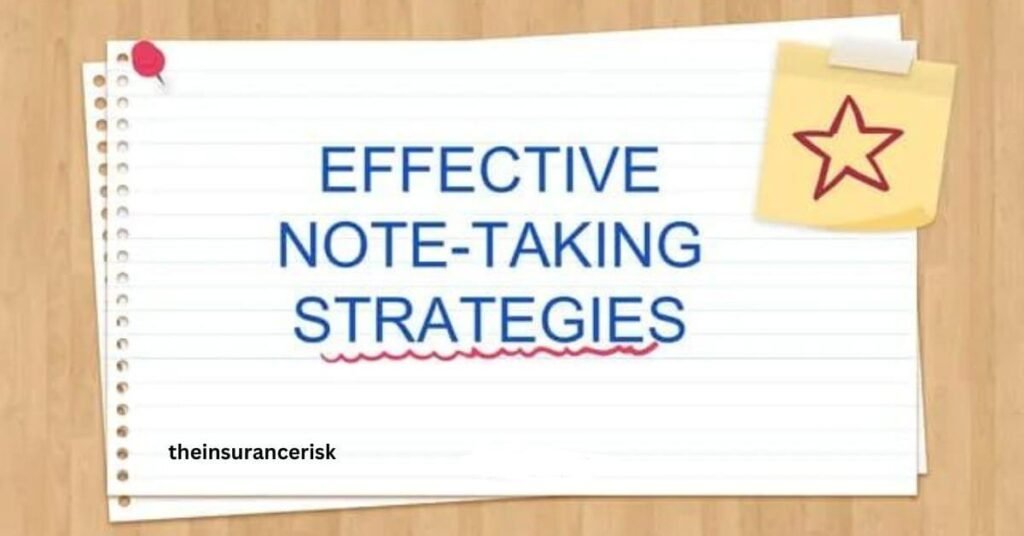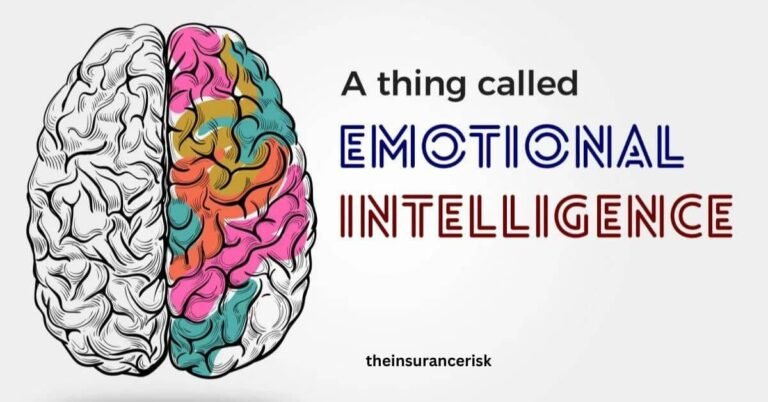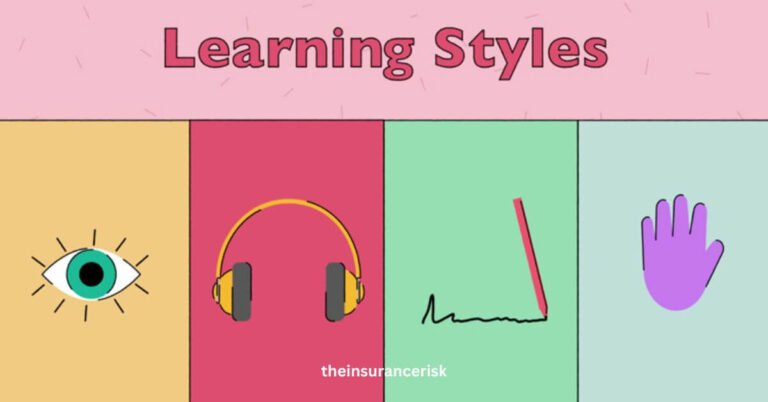The Science of Efficient Note-Taking Strategies
Throughout our academic journey and beyond, note-taking strategies have played a crucial role. It’s not just about scribbling words; it’s about capturing critical information effectively. These strategies explore understanding how our brains process and retain information, utilizing cognitive psychology and educational research. Everything, from organizing thoughts to encoding information, is grounded in scientific principles. So, let’s embark on this journey to explore the science behind crafting notes that truly stick.
Revealing the Hidden Science: Acquiring Proficiency in Note-Taking Techniques
Revealing the hidden science behind Note-Taking Strategies gives us valuable insights into maximizing learning potential. It’s crucial to understand this science to master this essential skill. We gain deeper insights into effective note-taking by exploring how our brains process and remember information. Moving from passive to active learning, we discover methods significantly improving our note-taking skills. Using principles from cognitive psychology, we learn how organizing thoughts and using mnemonic devices help us encode information better. Transitioning from theory to practice, we apply scientifically proven techniques to our note-taking, improving comprehension and retention. Ultimately, mastering effective note-taking is about technique and using a science-backed approach to enhance our learning experience.
Understanding Success: The Science of Writing an Effective Note
Comprehending the science behind Note-Taking Strategies is crucial for learning success. We discover ways to encode information effectively by delving into cognitive psychology principles. Studies recommend using visual aids and structured organization to boost retention. Additionally, active learning methods such as summarizing deepen understanding. Essentially, applying this science leads to academic achievement.
Cracking the Code: Using Science to Help with Efficient Note-Taking
Understanding Note-Taking Strategies is vital for effective note-taking. Research indicates that our brains process information differently when actively engaging in note-taking. By applying this knowledge, we can improve our learning and retention skills.
One important aspect is using techniques like summarizing and organization, which help encode information more efficiently. Furthermore, studies suggest that handwritten notes lead to better comprehension and retention than typed ones. This is because handwriting engages cognitive processes that reinforce memory retention.
Moreover, incorporating visual aids such as diagrams or charts can enhance understanding further. By utilizing the Science Behind Effective Note, we can uncover the secrets to mastering note-taking and maximizing our learning potential.
The Blueprint for Success
To succeed, it’s essential to grasp Note-Taking Strategies. By diving into cognitive psychology and educational research, we learn how to improve our note-taking skills. Through careful examination, we understand how our brains handle and remember information. Every step, from organizing thoughts to recording essential details, is supported by science. So, adopting this scientific approach helps us create notes that stick.
Notes That Stick: Examining the Science of Successful Note-Taking Techniques
As we strive to improve our note-taking, it’s essential to understand the Science Behind Note-Taking Strategies. Exploring this science reveals insights that can transform how we learn. Studies have demonstrated that specific strategies based on cognitive psychology can significantly booningst our capacity to remember and retrieve information.
For example, Note-Taking Strategies like chunking, where we group related information, can organize our notes and make them easier to remember. Also, recognizing the value of actively participating in note-taking instead of just writing down information can improve our learning results.
Unraveling the Mystery
Understanding Note-Taking Strategies is like discovering a treasure trove of knowledge. By exploring cognitive psychology and educational research, we embark on a journey of discovery. Through this exploration, we learn how our brains handle and remember information. It’s like peeling away layers of complexity to uncover the basic principles at work. As we unravel this mystery, we see how structuring our notes impacts our ability to remember and understand information. Each revelation brings us closer to mastering the art of effective note-taking, equipped with the scientific understanding to advance our learning journey.
Empower Your Learning: Delve into the Science Behind Effective Note
Enhance your learning by exploring Note-Taking Strategies. Understanding these strategies can significantly improve your academic performance. You can refine your note-taking methods by grasping the scientific principles behind how our brains remember information. Exploring this science offers valuable insights into improving your study habits and achieving better learning results. So, dive into the world of effective note-taking strategies and unlock your full learning potential.
Going Deeper: The Scientific Approach
Diving deeper into effective note-taking, we discover a scientific approach that goes beyond the basics. Understanding Note-Taking Strategies gives us valuable insights for improving our learning. Moving from simply writing things down to using proven techniques helps us make the most of our note-taking. We learn how to encode, organize, and remember information more effectively by studying cognitive psychology and educational research. This scientific method helps us turn our note-taking into robust tools for learning and understanding.
Mind Mapping Excellence
Achieving excellence in mind mapping relies on understanding Note-Taking Strategies. Cognitive psychology and educational research can help us improve our note-taking. This method allows us to organize information to match how our brains work naturally.
With mind mapping, we create visual diagrams that help us understand and remember information better. This technique takes advantage of the brain’s preference for patterns and connections, making recalling information easier. Mastering mind mapping means using science to improve our note-taking.
Science Behind Effective Note: A Brief Overview
To understand Note-Taking Strategies, it’s crucial to grasp the complex processes involved. By exploring cognitive psychology and educational research, we discover the basic principles that guide our note-taking skills. One critical factor is how our brains store and understand information. Studies show that specific techniques can significantly improve how well we remember and know what we’re learning. Additionally, organizing our notes in a structured way can help us not forget and can help us to combine ideas better. So, by using these insights, we can make our note-taking strategies as effective as possible.
Conclusion
In summary, diving into Note-Taking Strategies reveals many valuable insights that can transform how we learn. Understanding how our brains work and using strategies from cognitive psychology can significantly improve our note-taking skills. We have various tools available, from structured frameworks to mnemonic devices, that can help us. These techniques allow us to capture and remember information better, leading to better grades and a deeper understanding of the material. So, let’s keep exploring and using these strategies, using the science behind effective note-taking to reach our full potential in learning.
FAQS
What is the Science Behind Effective Note-Taking?
The Science Behind Effective Note-Taking explores how our brains process information and how we can use this understanding to improve our note-taking abilities.
Why is Understanding the Science Behind Effective Note-Taking Important?
Understanding the Science Behind Effective Note-Taking allows us to use proven strategies supported by cognitive psychology, resulting in improved retention, comprehension, and academic achievement.
How can I Apply the Science Behind Effective Note-Taking in my Note-Taking?
Applying the Science Behind Effective Note-Taking involves using structured frameworks, such as summarization and organization techniques, as well as utilizing mnemonic devices to boost memory retention.
What Benefits Can I Expect from Implementing the Science Behind Effective Note-Taking?
Implementing the Science Behind Effective Note-Taking can lead to better learning outcomes, a deeper understanding of complex subjects, and enhanced performance in academic and professional contexts.






